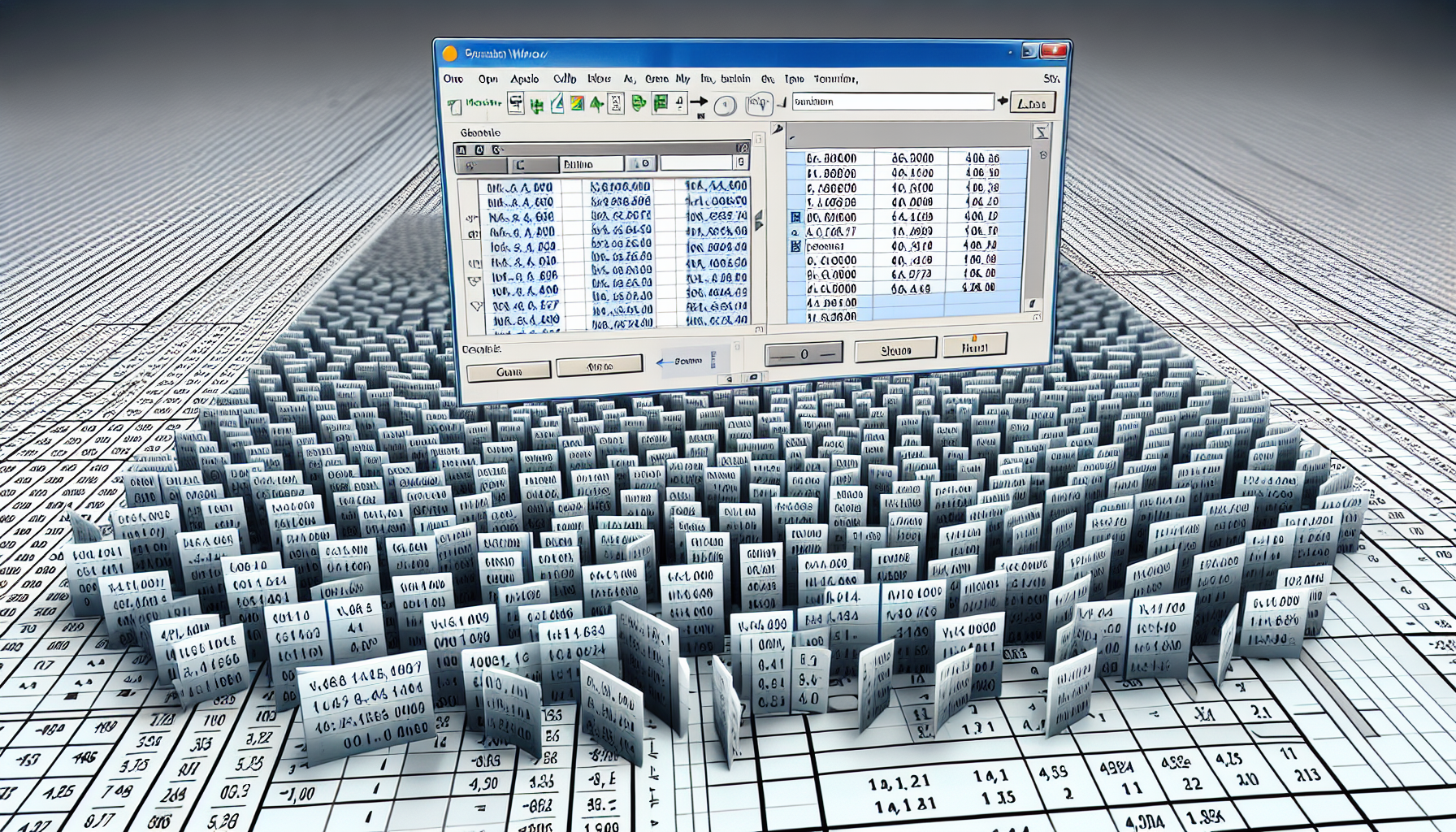“`html
Excel VBA Function Command: Basics, Usage, and Examples
Understanding the Excel VBA Function
The Function command in Excel VBA allows you to create custom functions that you can use within your Excel worksheets, much like you would use built-in functions like SUM or AVERAGE. These custom functions can simplify complex calculations and automate repetitive tasks.
When to Use a Function
Functions are particularly useful when you need to perform the same calculation multiple times across different cells or worksheets. By defining a function once, you can call it whenever needed, ensuring consistency and saving time.
How to Use the Function Command in Excel VBA
To create a custom function in Excel VBA, follow these steps:
- Open Excel and press
Alt + F11to open the VBA editor. - Insert a new module by clicking
Insert > Module. - Define your function using the
Functionkeyword followed by the function name and any parameters. - Write the VBA code to perform the desired calculations.
- End the function with the
End Functionstatement.
Example of a Custom Function in Excel VBA
Below is an example of a simple VBA function that calculates the area of a rectangle:
Function CalculateArea(Length As Double, Width As Double) As Double
CalculateArea = Length * Width
End Function
To use this function in an Excel worksheet, simply enter the formula =CalculateArea(A1, B1) in a cell, where A1 and B1 contain the length and width values, respectively.
Advanced Usage of VBA Functions
VBA functions can also include error handling, conditional logic, and even call other VBA functions or subroutines. For more advanced examples, you can refer to the official Microsoft Excel VBA documentation.
Conclusion
The Function command in Excel VBA is a powerful tool that can enhance your Excel automation capabilities. By understanding the basics and experimenting with examples, you can create custom functions to streamline your workflows.
For more tips on Excel VBA, check out our other articles on VBA Tips and Tricks.
“`

